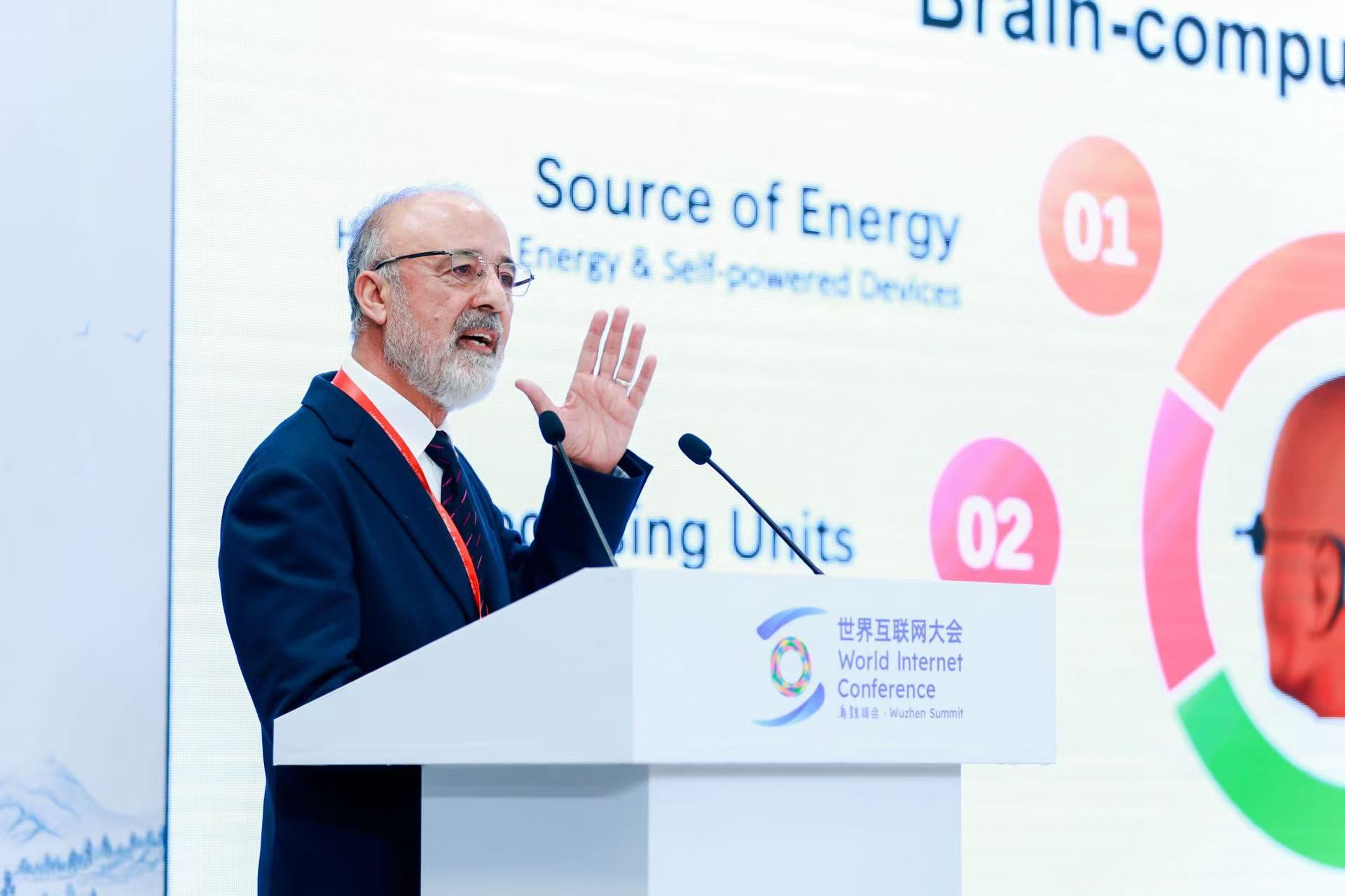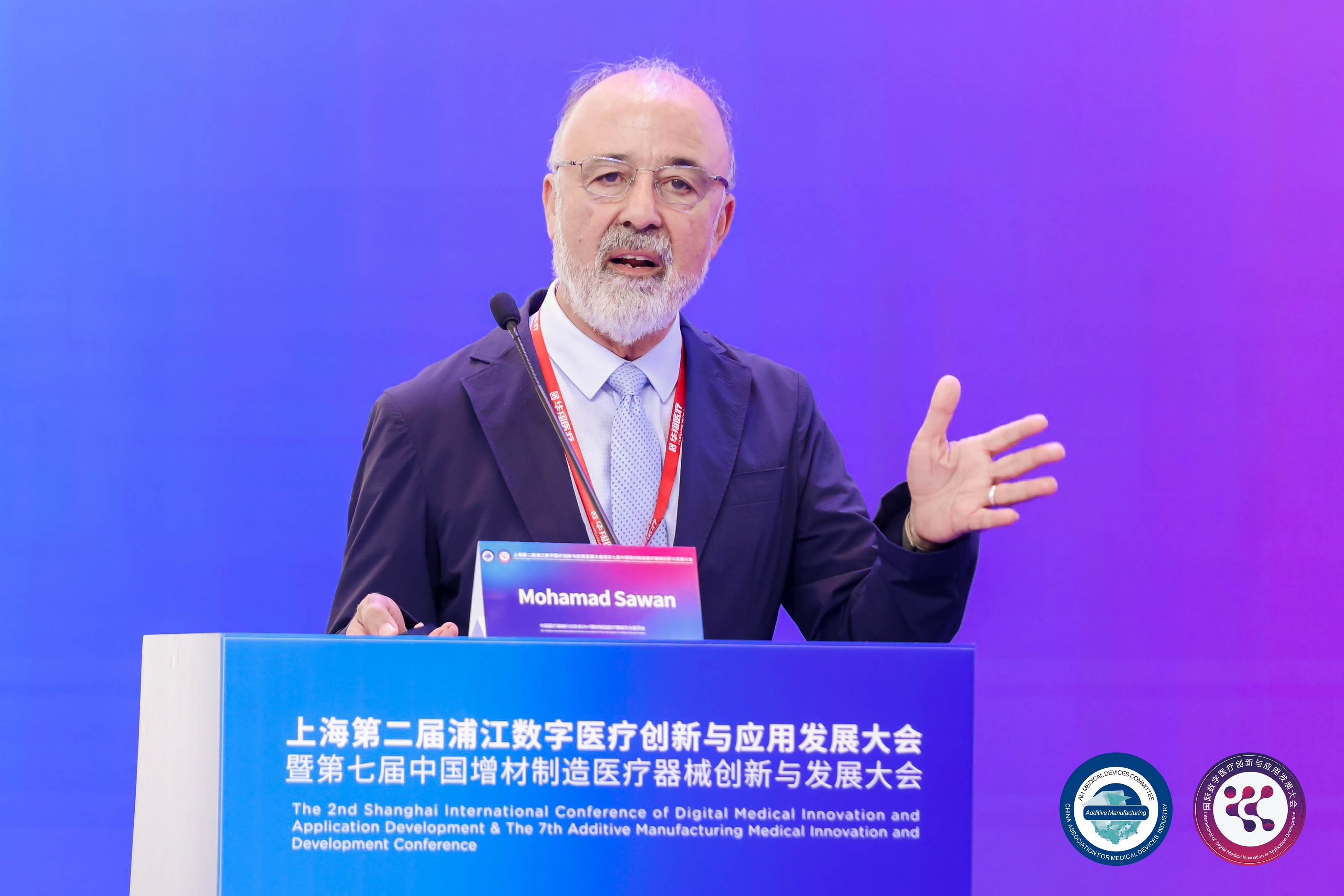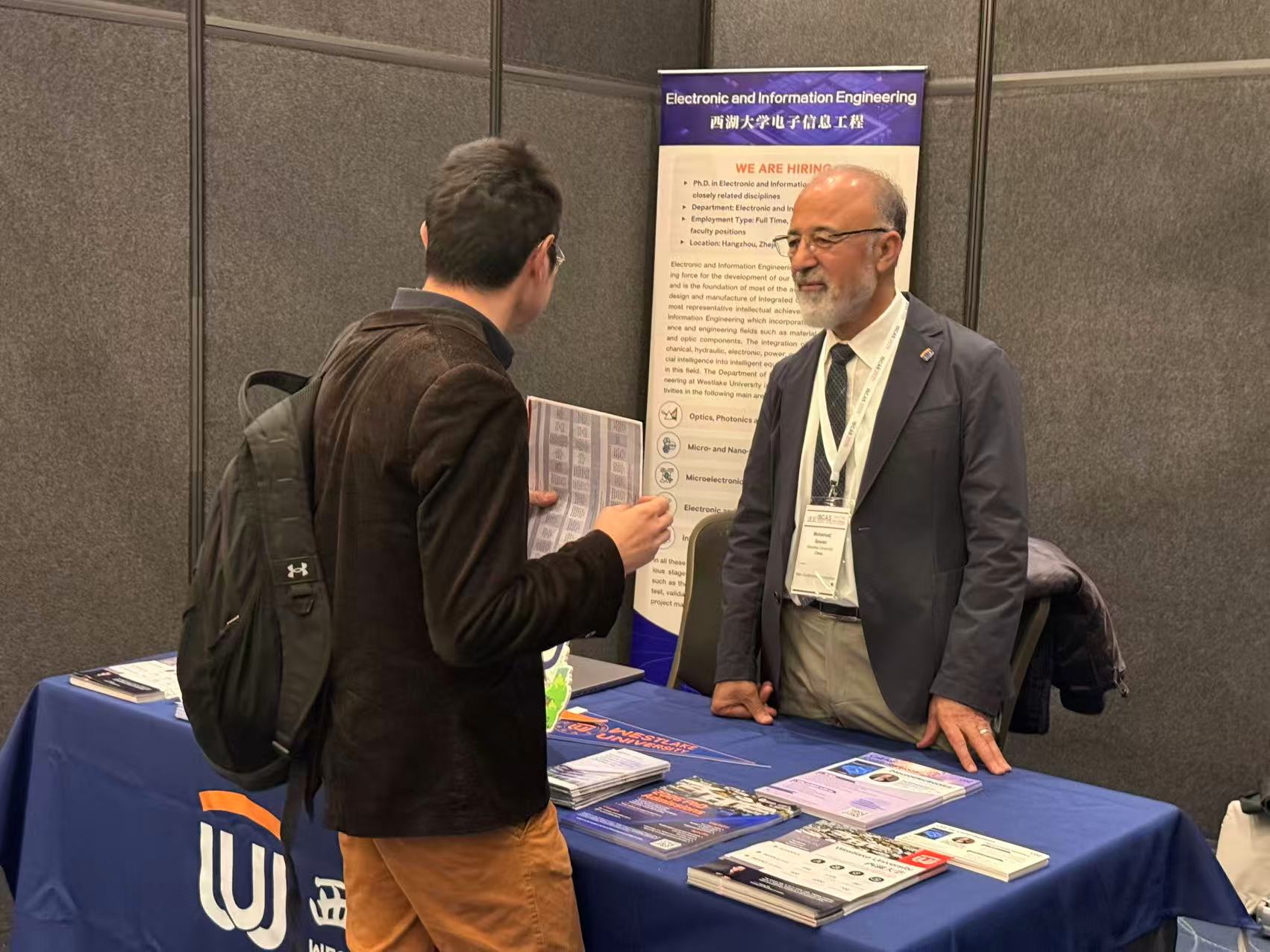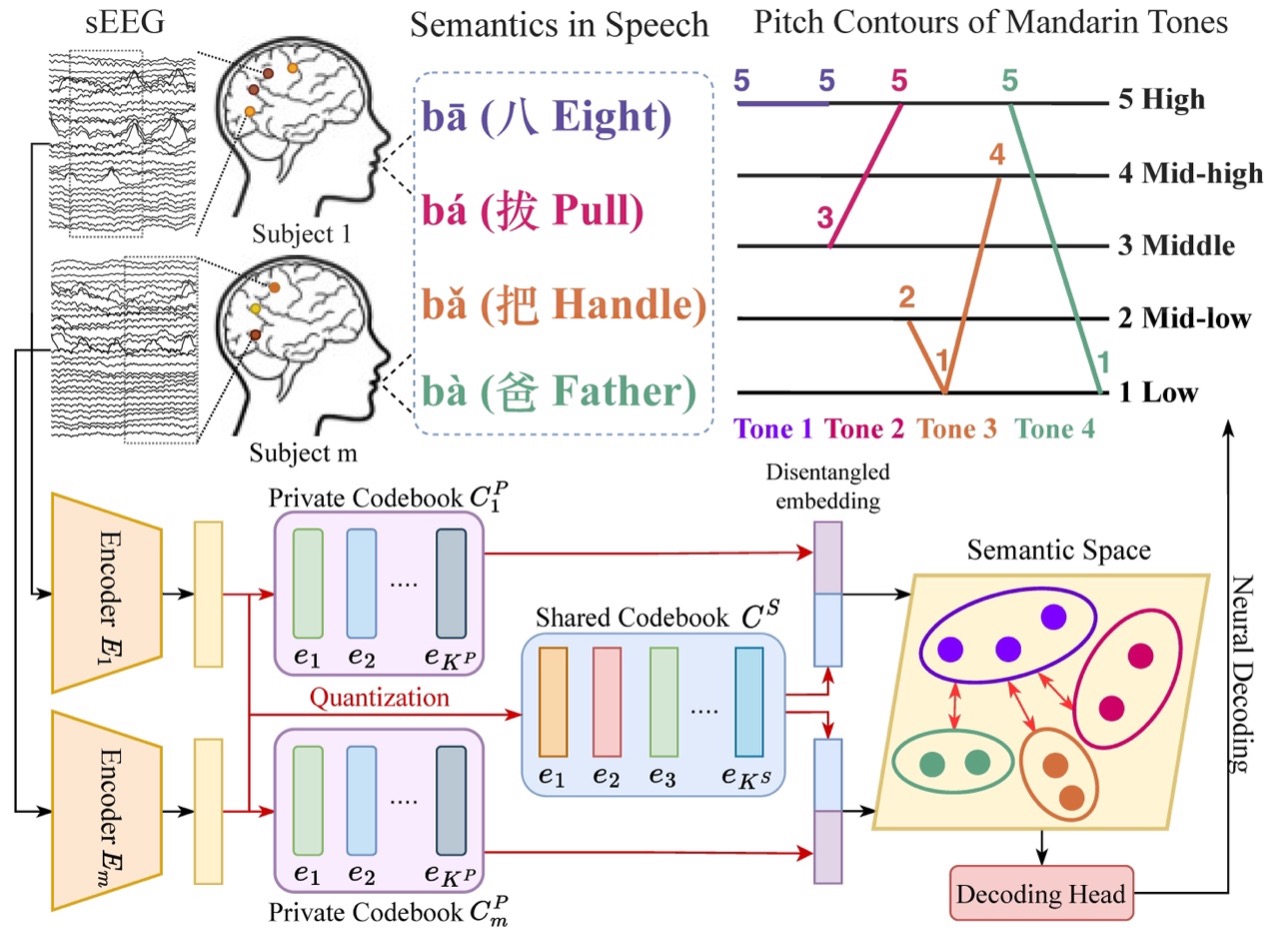With the rapid development of the Internet of Things (IoT) and implantable medical devices, billions of low-power sensor nodes have emerged in society, posing significant challenges to energy supply. Radio-frequency energy harvesting (RFEH) is considered a promising self-powering solution due to its environmental independence and widespread availability. However, ambient RF energy density is limited, and the available power after impedance matching and rectification is typically only at the microwatt level, making it difficult to sustainably drive core circuits. Traditional rectifiers exhibit low efficiency and unstable output voltage under low input power conditions, while ultra-low-power power management units often rely on subthreshold operation, which suffers from process sensitivity and limited voltage range. Therefore, achieving high efficiency, wide input range, and stable output voltage in low-power RF environments has become a critical challenge that urgently needs to be addressed.
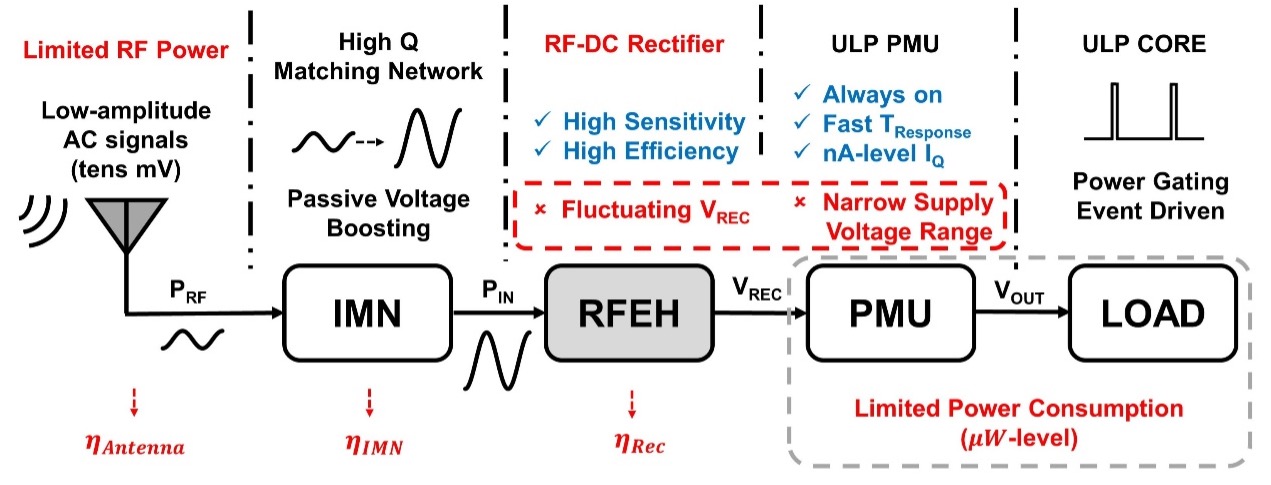
Fig.1. Proposed ULP-RFEH system.
In response to this challenge, CenBRAIN Neurotech Center of Excellence at Westlake University announced a recent research achievement in ultra-low-power RF energy harvesting front-ends. In this work, the team designed an RF rectifier with on-chip self-reconfiguration capability, effectively addressing key technical issues in ambient RF energy harvesting systems, such as low conversion efficiency and unstable output voltage caused by large input power fluctuations.
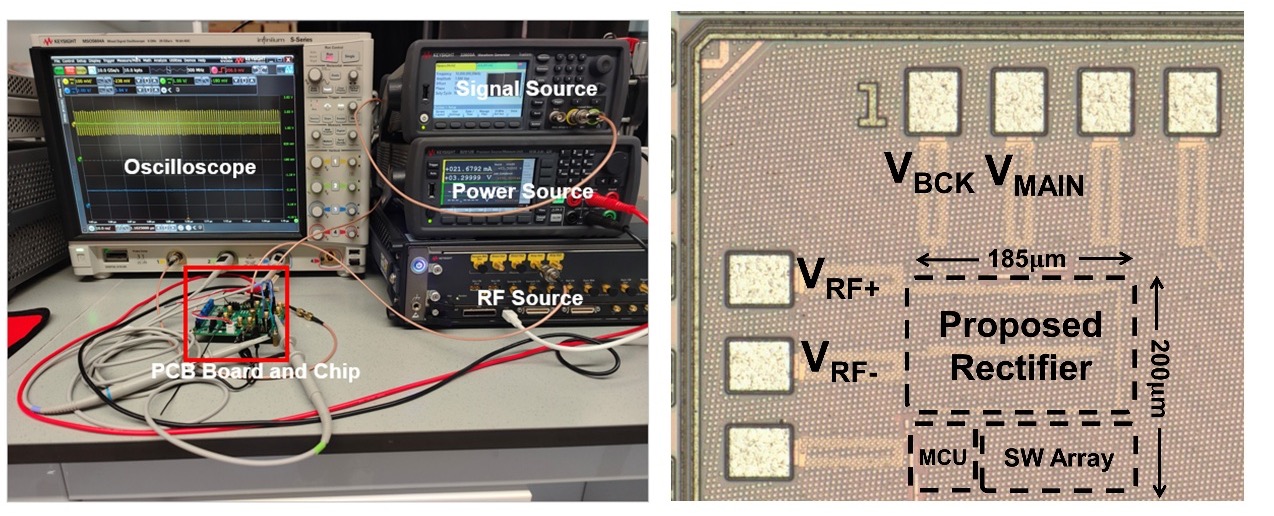
Fig.2. (a)Measurement setup, (b)Chip photograph of proposed rectifier.
This achievement was published in the integrated circuit design journal IEEE Transactions on Circuits and Systems II: Express Briefs. Our Ph.D. student Xing Liu is the first author of the paper, Chair Professor Mohamad Sawan and Research Professor Jie Yang are the corresponding authors.
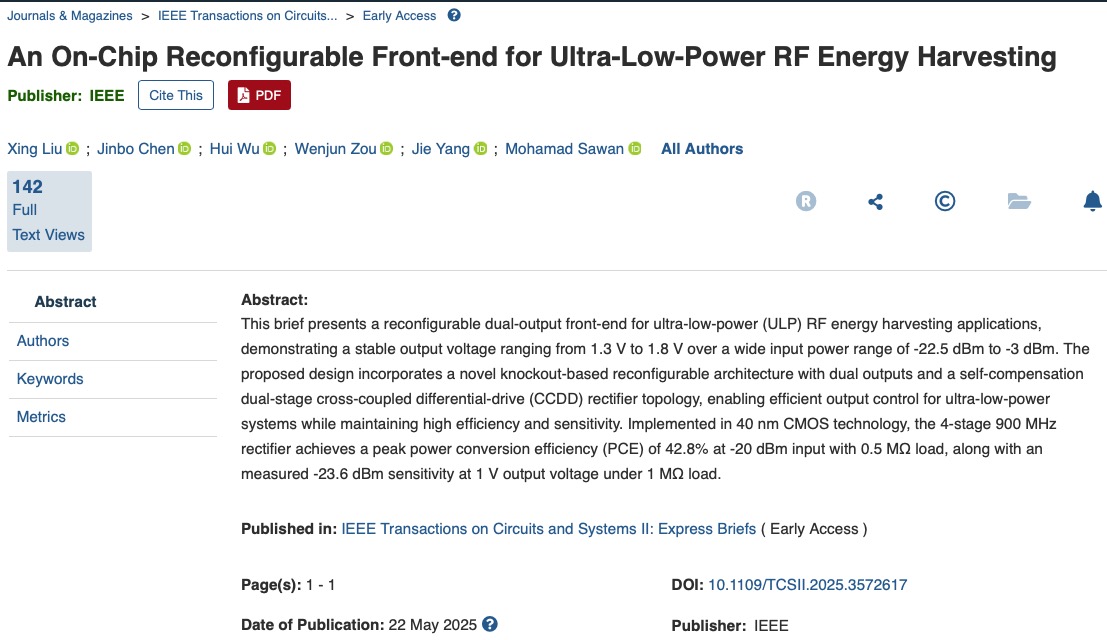
Research Highlights
1. For the first time, a low-complexity "knockout" reconfigurable architecture was implemented on-chip, enabling the rectifier to self-reconfigure under a standard 1.2 V supply without requiring an external high-voltage power source.
2. A dual-output energy storage and management mechanism was proposed, ensuring the stability of the main power supply voltage while providing transient high current through an auxiliary path.
3. Utilizing a self-compensating CCDD topology and low-threshold transistor design, high sensitivity and efficiency were achieved under extremely low input power conditions.
4. Compared to state-of-the-art studies, this solution achieves stable output over a wide input energy range, making it particularly suitable for ultra-low-power wireless sensors and implantable medical devices.
Abstract
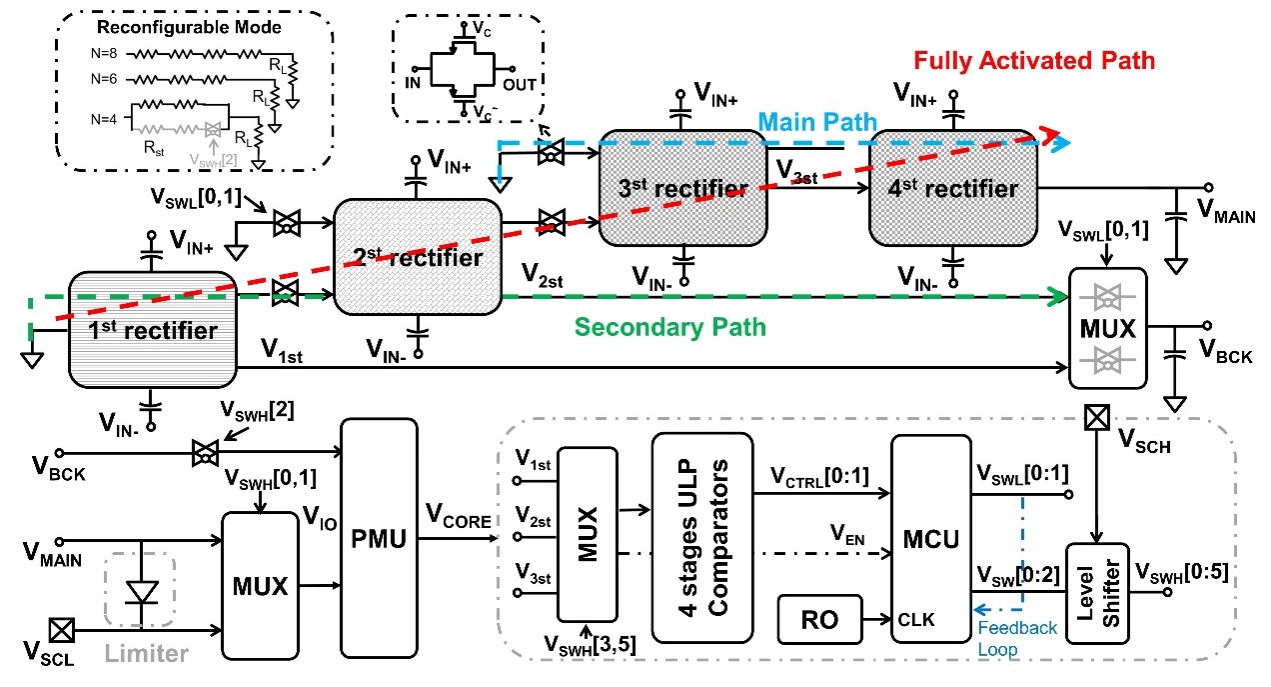
Fig. 3. Architecture of the proposed reconfigurable dual-output rectifier.
This paper presents an on-chip reconfigurable front-end based on a self-compensating cross-coupled differential drive (CCDD) topology for ultra-low-power RF energy harvesting. The proposed scheme employs a novel "knockout" reconfiguration mode to achieve a switchable 2-3-4-stage structure on-chip. Combined with a dual-output design, it effectively suppresses output voltage fluctuations caused by input power variations, ensuring stable operation of the power management unit within a preset range of 1.3 V to 1.8 V. The circuit was implemented using a 40 nm CMOS process. At 900 MHz, the 4-stage rectifier achieves a peak power conversion efficiency (PCE) of 42.8% at an input power of -20 dBm, with an output voltage sensitivity of -23.6 dBm under a 1 MΩ load. Experimental results demonstrate stable voltage output across an input range of -22.5 dBm to -3 dBm, significantly outperforming traditional fixed-stage rectifiers while reducing the need for additional energy supply.
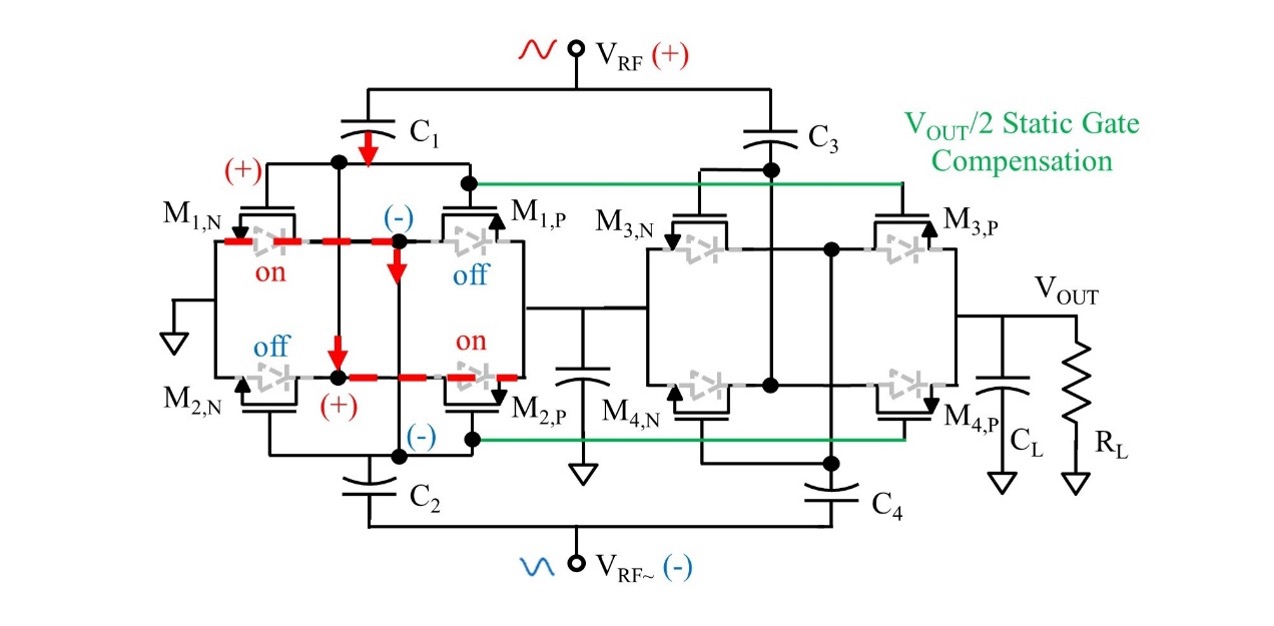
Fig. 4. Self-compensation dual-stage CC rectifier.
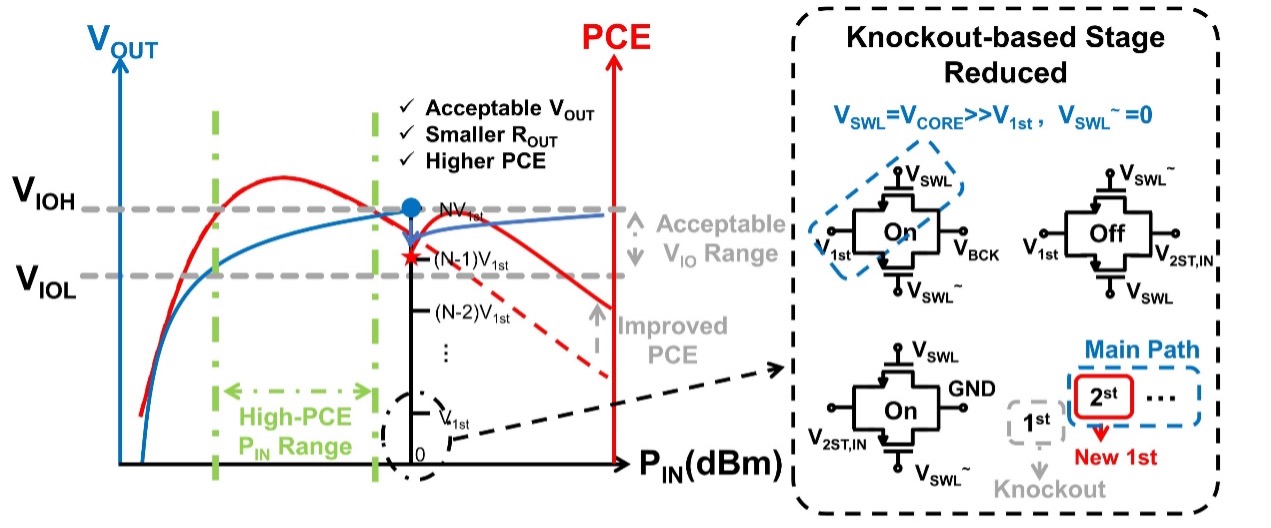
Fig. 5. Principle of knockout-based on-chip reconfiguration.
Reference:
X. Liu, J. Chen, H. Wu, W. Zou, J. Yang and M. Sawan, "An On-Chip Reconfigurable Front-end for Ultra-Low-Power RF Energy Harvesting," in IEEE Transactions on Circuits and Systems II: Express Briefs, doi: 10.1109/TCSII.2025.3572617



